National Assembly deputies suggested that the Government have fundamental solutions to ensure a healthy market when amending the law because the situation of cross-ownership and "big guys behind banks" is still a headache.
This comment was made by National Assembly deputies when discussing in groups the draft Law on Credit Institutions (amended) on the afternoon of June 5.
Mr. Ha Sy Dong, Vice Chairman of Quang Tri Province, commented that cross-ownership in banks increases some risks such as increasing virtual capital through borrowing for investment, contributing capital to each other (directly or indirectly through subsidiaries and grandchildren). Or another consequence is the risk of takeover and domination by large shareholders and related parties: the parent bank, subsidiaries, and affiliated companies jointly invest in a business, own shares that control the business activities of commercial banks.
"This causes the capital of the entire system to not increase in real terms but only on the books, leading to consequences that distort bank management as well as risk assessment, provisioning, or monitoring of financial activities," Mr. Dong analyzed.
Mr. Nguyen Hai Nam, Standing Member of the Economic Committee, is also concerned about the cross-ownership of banks and financial companies. He pointed out that there is a phenomenon of circumventing the law on ownership ratios and credit limits for businesses to borrow through "capital on the wall" from bank A to bank B or financial company A to financial company B; or after bank A, there is the shadow of bank A' or enterprise B, most of which are real estate enterprises. This implies manipulation and cross-ownership.
"Are the provisions of the law sufficient to overcome the situation of cross-ownership? Cross-ownership in banks is an obstacle to the ability to compete fairly and equitably and to develop the banking system healthily, so more fundamental measures are needed," he raised the issue.
Mr. Dang Ngoc Huy, Standing Deputy Secretary of the Quang Ngai Provincial Party Committee, also pointed out the reality that, in addition to the story of SCB or Van Thinh Phat, there are many enterprises that are big players behind banks. The situation of cross-ownership has not been completely resolved, but the law on credit institutions has not yet set out regulations to prevent and overcome the limitations.
"Without strict supervision, owners can control the cash flow into their backyard projects. Due to the complex network of ownership relationships between banks, when risks arise, it is easy for a domino effect to occur, not only in banking activities," he commented.
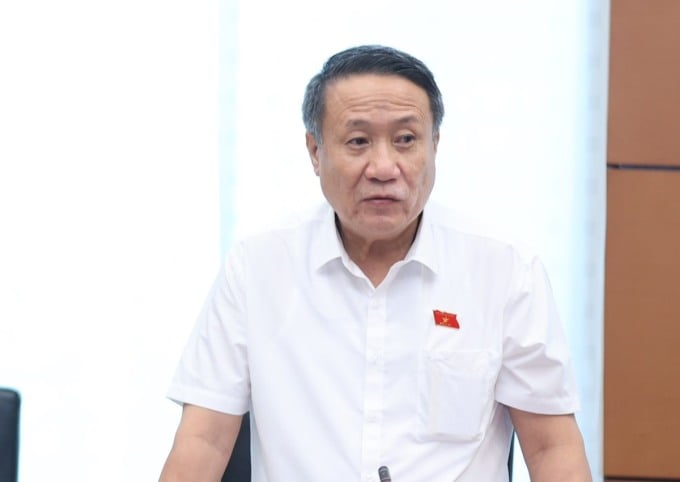
Mr. Ha Sy Dong, Vice Chairman of Quang Tri Province, spoke at the meeting on the afternoon of June 5. Photo: Hoang Phong
Therefore, according to delegates, it is necessary to synchronously review the legal system to tighten/limit large-scale incidents that cause serious losses to the financial system, especially after the recent SCB - Van Thinh Phat incident.
To limit cross-ownership, the draft law adjusts the shareholding ratio of individual shareholders, institutional shareholders, shareholders and related persons of such shareholders from not exceeding 5%, 15%, 20% to 3%, 10% and 15%, respectively. In particular, the shareholding ratio of major shareholders is reduced from 5% to 3%, to limit major shareholders' dominance in banking operations.
Commenting, National Assembly Chairman Vuong Dinh Hue assessed that the rate of 3% or 5% is not important, but lies in the obligation, responsibility to publicize and report of credit institutions.
Referring to the reality of other countries, he said that in the laws of other countries, when owning shares in banks and credit institutions, one must have the obligation to disclose and report so that "people know the group of people involved and who is actually controlling that bank or credit institution".
According to Mr. Hue, this is an experience that needs to be referred to when in reality, organizational models similar to financial groups or parent-subsidiary companies have begun to take shape, but the parent company is a credit institution or a group whose members are commercial banks.
The National Assembly Chairman also suggested more clearly defining the financial issues of credit institutions. "It is not acceptable to only stipulate a few lines in the draft," said Mr. Vuong Dinh Hue.
He said that the bill needs to specifically regulate issues of revenue, expenses, and reserve provisions, in order to explain the question "why is inflation low but deposit interest rates so high so that society will not wonder".
Delegates also said that it is necessary to clarify the basis for the proposed reduction to 3%, as well as to include a suitable roadmap for existing shareholders to divest capital.
In addition, the draft law needs to focus on reviewing legal regulations on "related persons" and regulations on the share ownership ratio of shareholders and related persons to be appropriate, avoiding some cases of "hiring" or "asking" unrelated people to own shares to indirectly increase the controlling ownership ratio at a credit institution.
In addition, to limit the negative impact of cross-ownership, it is necessary to study and expand the scope of information disclosure to all shareholders who are organizations, individuals and related groups owning 1% or more of the charter capital of a credit institution, to increase transparency of ownership and ensure safety for the operations of credit institutions.
"It is possible to consider opening a "room" for foreign investors to attract "foreign" capital flows - both a real source of money to restructure banks and contributing to improving corporate governance technology in banks," Mr. Dong said.
Regarding the handling of weak banks, National Assembly deputies also said that this process has been too slow and has not achieved its goals.
Mr. Ha Sy Dong recalled the mass withdrawal incident at Saigon Bank (SCB) in October 2022 and said that "this is a serious but inevitable consequence of the slow handling of weak banks".
The draft revised law currently provides for early intervention and special loans with preferential interest rates of 0% for weak banks that are at risk of collapse and mass withdrawals. Mr. Nguyen Hai Nam said that it is necessary to consider the basis for special loans; the authority of which agency or department, to what extent, and how to "protect the cadres who will implement it later".
Meanwhile, Mr. Dang Ngoc Huy suggested that the drafting agency should apply international practices to banks under special monitoring and control to avoid deep State involvement.
He also agreed with the Economic Committee's proposal to move the Law on Credit Institutions to a three-session process because there are still many unclear contents.
Source link


![[Photo] General Secretary To Lam receives King Philippe of Belgium](https://vstatic.vietnam.vn/vietnam/resource/IMAGE/2025/4/1/e5963137a0c9428dabb93bdb34b86d7c)

![[Photo] Prime Minister Pham Minh Chinh meets with King Philippe of Belgium](https://vstatic.vietnam.vn/vietnam/resource/IMAGE/2025/4/1/be2f9ad3b17843b9b8f8dee6f2d227e7)

![[Photo] President Luong Cuong and King Philippe of Belgium visit Thang Long Imperial Citadel](https://vstatic.vietnam.vn/vietnam/resource/IMAGE/2025/4/1/cb080a6652f84a1291edc3d2ee50f631)
![[Photo] Close-up of Vietnam's sniffer dog team searching for earthquake victims in Myanmar](https://vstatic.vietnam.vn/vietnam/resource/IMAGE/2025/4/1/d4949a0510ba40af93a15359b5450df2)


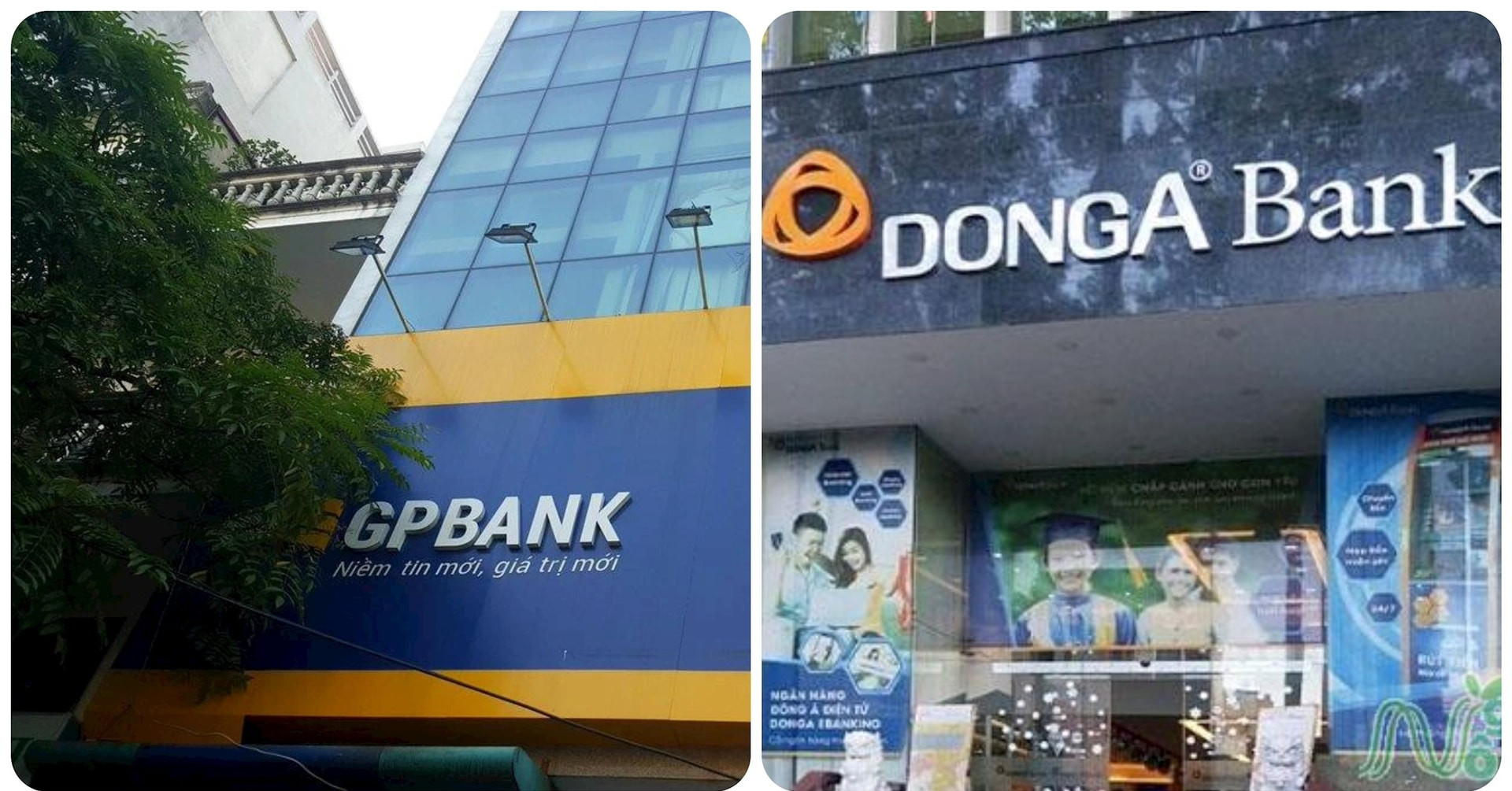

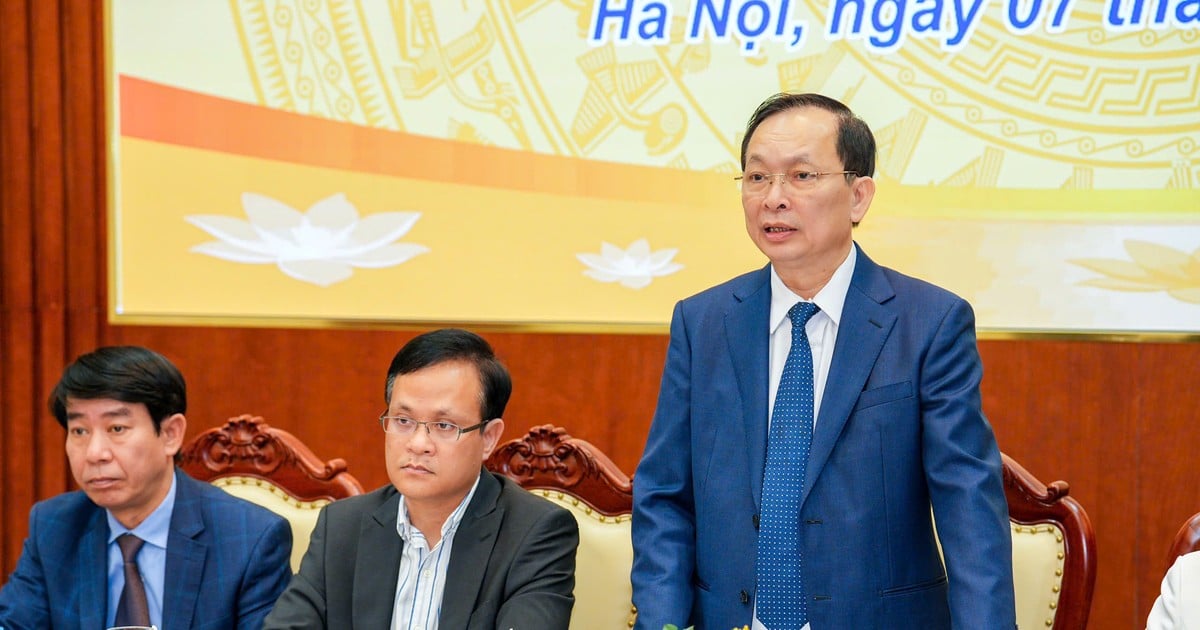
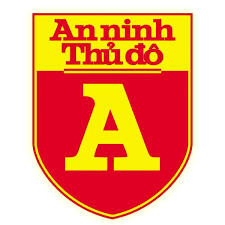
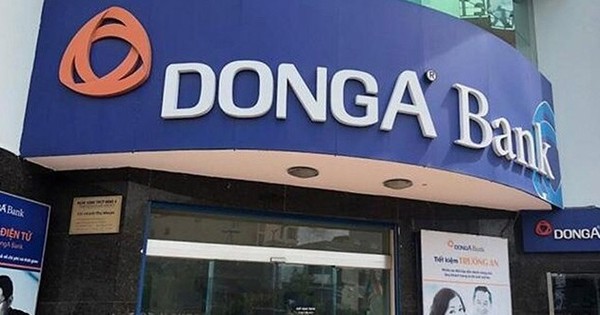

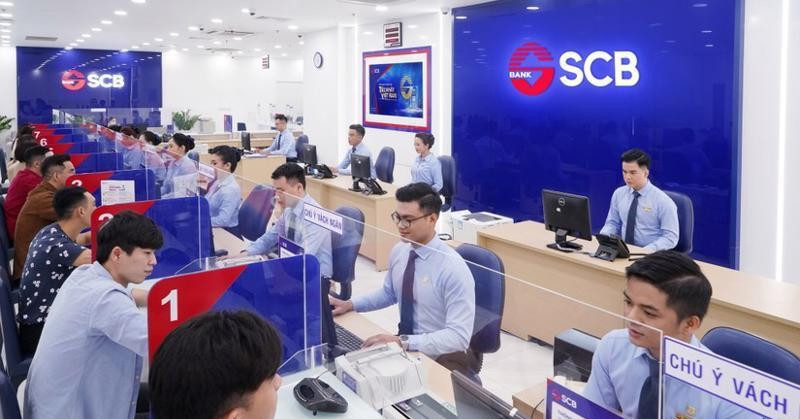
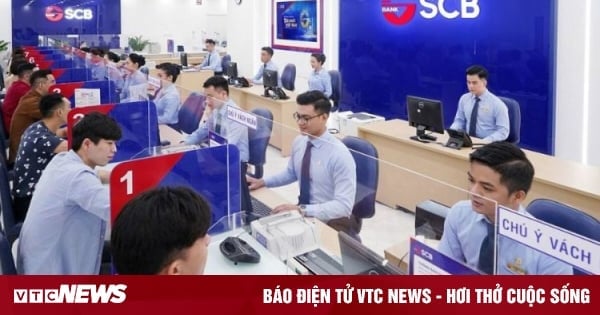


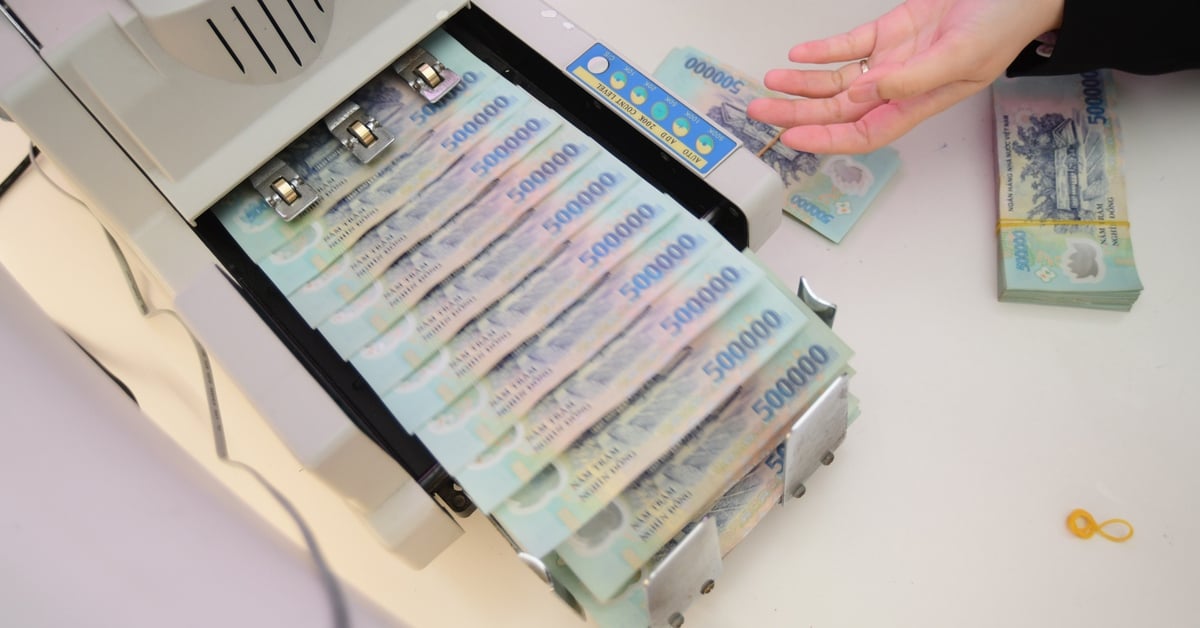
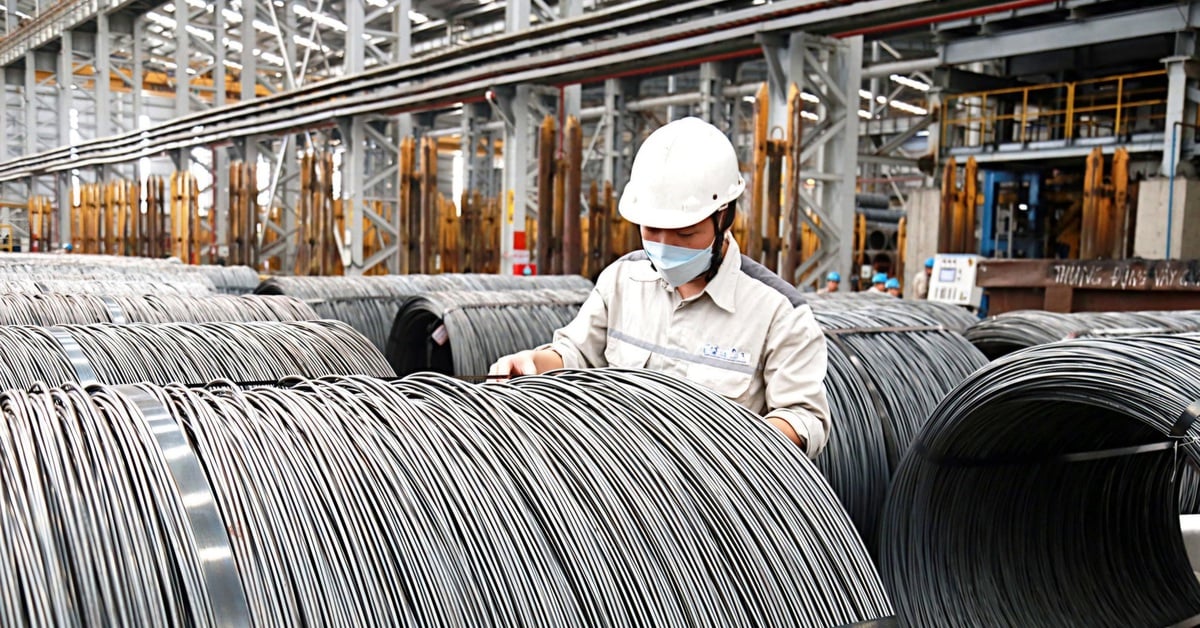
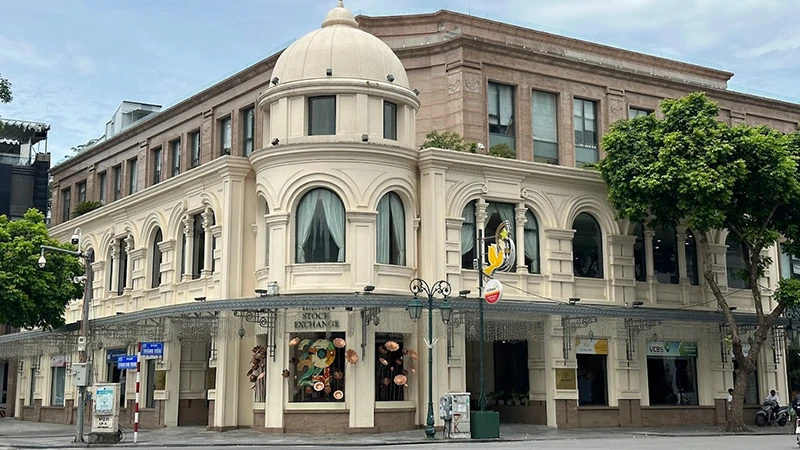
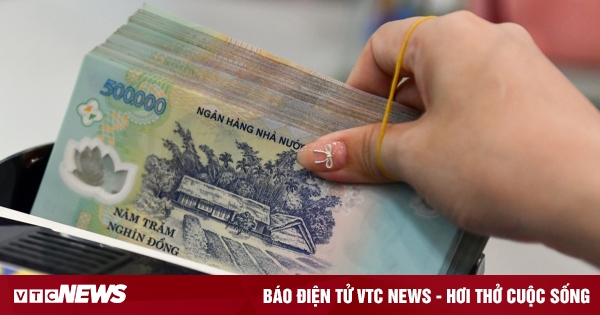
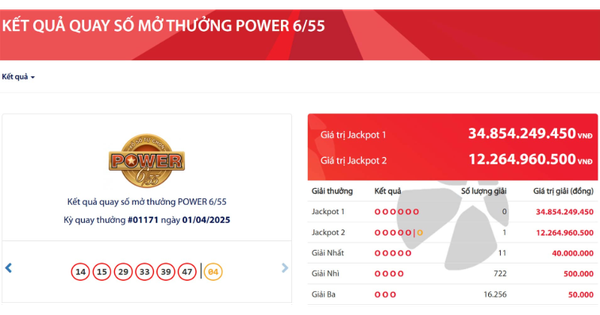










![[Photo] Myanmar's capital in disarray after the great earthquake](https://vstatic.vietnam.vn/vietnam/resource/IMAGE/2025/4/1/7719e43b61ba40f3ac17f5c3c1f03720)













































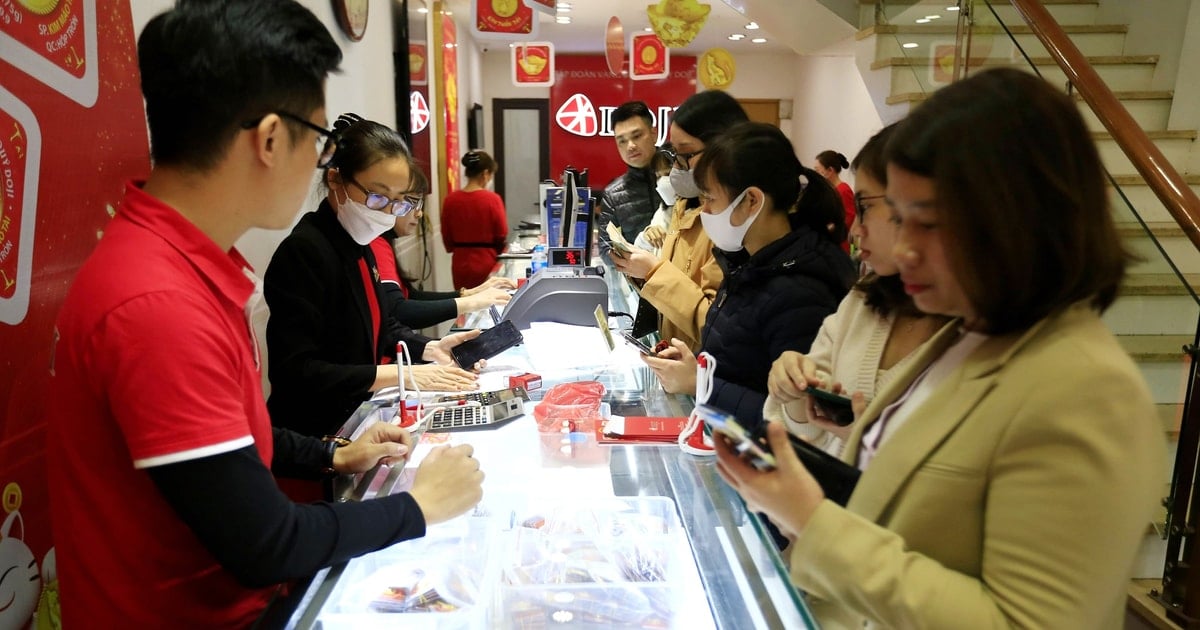



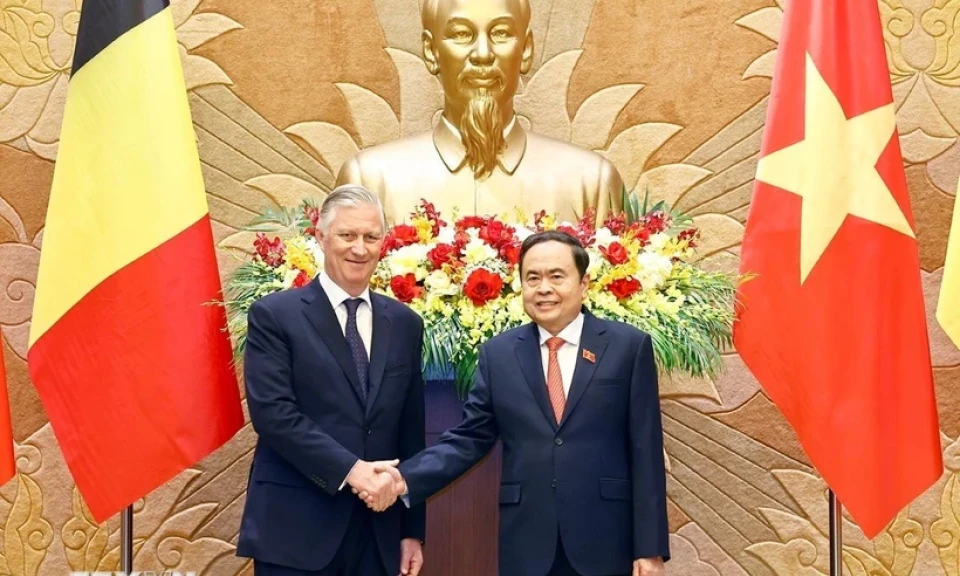












Comment (0)